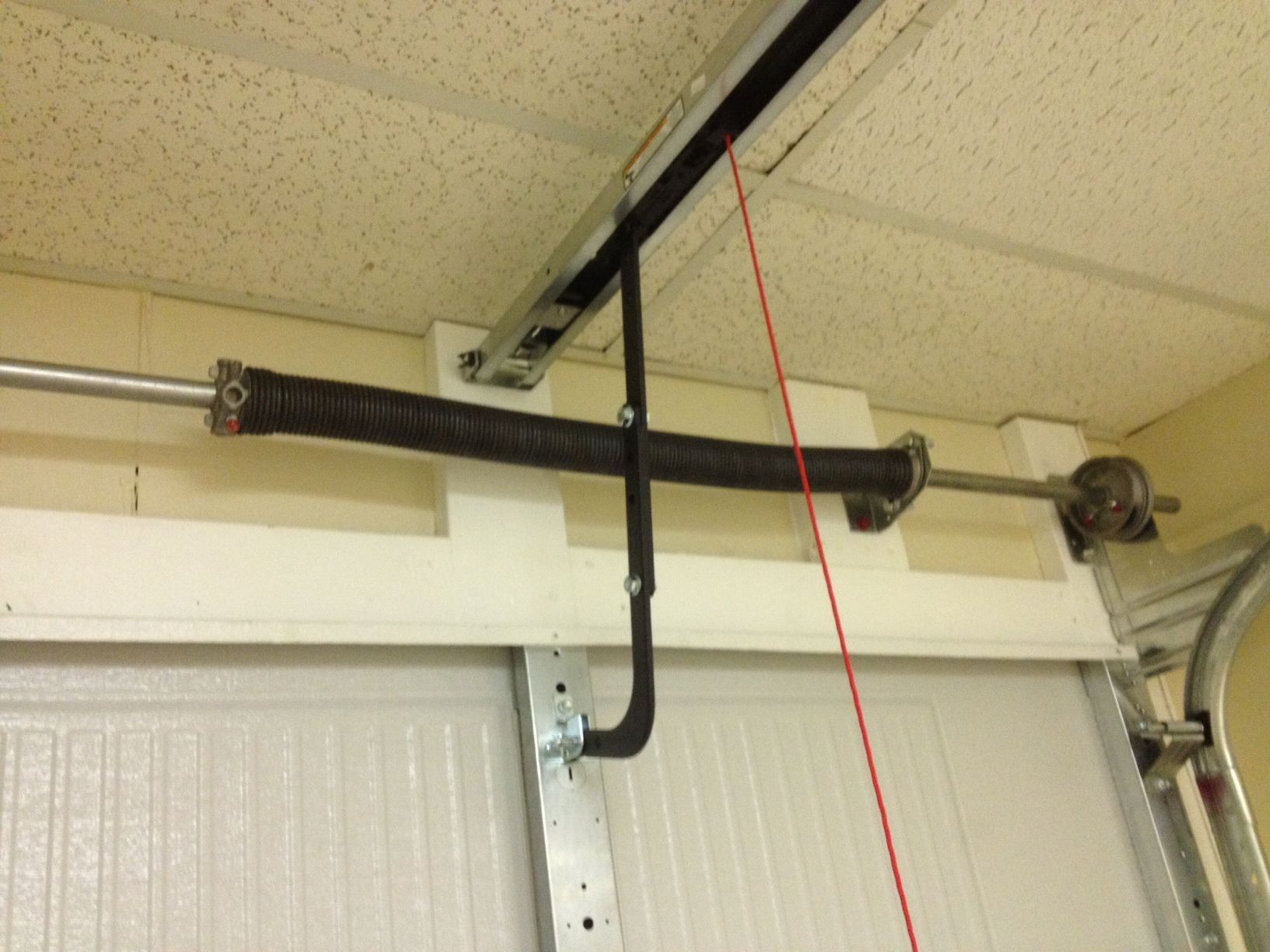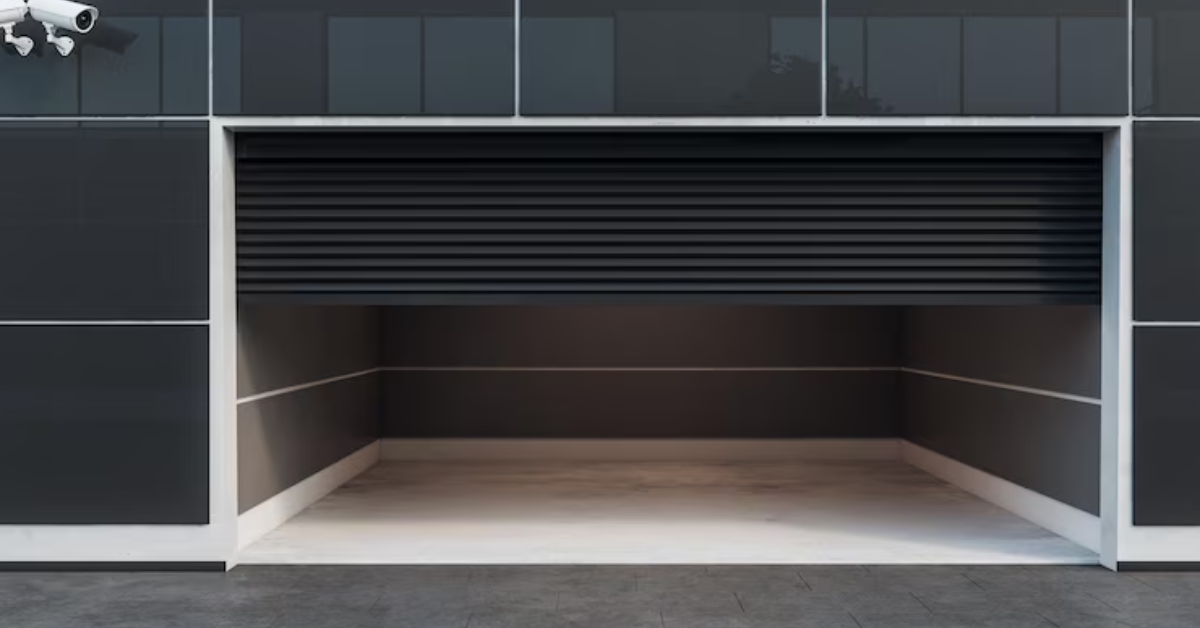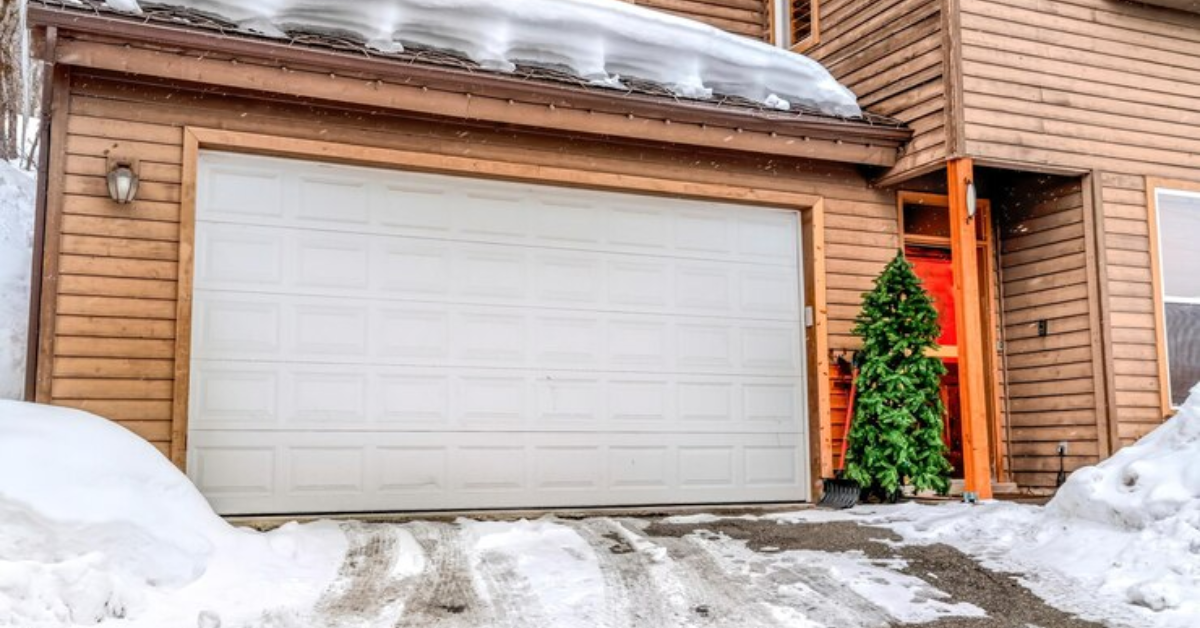How Long Do Garage Door Springs Last?
How Long Do Garage Door Springs Last?

How long do springs last? Springs typically last between 10 to 15 years, depending on usage and maintenance.
How durable are garage door springs? Here's how to learn more: How frequently does your garage door open and close each day? If you ever take a moment to count, you might be shocked by how frequently it occurs.
The torsion system of your door, which includes the springs that sustain the weight of the door as it rises and lowers, is subjected to wear and tear with each cycle of opening and closing. Despite their unimpressive appearance, those springs constitute the backbone of your garage door system.
Garage door springs' lifespan is expressed in cycles. Most standard springs from manufacturers have a 5,000-cycle life. Oil-tempered springs are more durable and have a 10,000-cycle life. But the Fix N Go Service staff was confident in our abilities.
We developed our MaxLife springs to provide a longer-lasting solution for your garage door needs. MaxLife springs are rated for 80,000 cycles. That’s 16 times a standard manufacturer-grade spring.
How long do torsion springs last?
Torsion springs on a garage door typically last between 7 to 9 years, which translates to about 10,000 to 15,000 cycles (one cycle being the door opening and closing once). The lifespan can vary depending on the quality of the springs, the amount of use, and maintenance practices. Regular maintenance can help extend their lifespan.
What’s Ahead
- Garage Door Spring Lifespan
- Warranties and Service
- Choosing the Right Springs
- Identifying MaxLife Products
- The MaxLife Advantage
Garage Door Spring Lifespan
A garage door spring's lifespan is comparable to that of a vehicle's tires. You can purchase tires with 40,000 miles, 60,000 miles, or even Michelin's never-flat tires at the auto dealer.
Similar to other types of springs, garage door springs have a predicted number of cycles at which they should function without failure. Additionally, the MaxLife springs from Fix N Go Service are on par with Michelin's top-tier tires.
How much longer will a MaxLife spring last than a standard spring? Let's deconstruct it:
Let’s assume a family of four cycles – opens and closes – their garage door 10 times per day. Accounting for family vacations and other time away from home, we’ll say this happens 350 days per year.
With those base statistics, you can calculate 3,500 cycles per year. That means:
- A standard manufacturer spring will last about 18 months.
- An oil-tempered spring will last three years.
- An Fix N Go Service MaxLife spring will last more than more than 22 years.
Warranties and Service
Most garage door springs – even standard manufacturer products – include lifetime warranties or those that extend well beyond the life expectancy of the parts.
These warranties, however, do not include service and labor. So, every few years, you will need to have someone out to your home to replace the springs. And, while you don’t necessarily have to pay for replacement parts, you incur labor charges.
Additionally, when springs break, technicians will often only replace half the spring system, leaving the other half worn and prone to further issues shortly.
Choosing the Right Springs
Choosing garage door torsion springs for your door involves weighing the pros and cons of different brands and types of springs. As mentioned above, your garage door springs do the heavy lifting when it comes to raising and lowering your garage door, which can weigh more than 100 pounds.
One measurement to consider is IPPT or inch-pounds-per-turn. To determine this figure, you measure the inside diameter, wire size, wire length, and whether it’s a left- or right-hand wound.
A garage door professional can complete these calculations to the weight of your door to determine the correct size of spring. Sometimes, a single spring will suffice; other times, you might need two.
Fix N Go Service’s MaxLife springs have undergone rigorous research and development testing. Through the development process, our team implemented solutions to correct common wear-and-tear issues and extend the lifespan of not only the springs but also adjacent parts of your garage door system.




